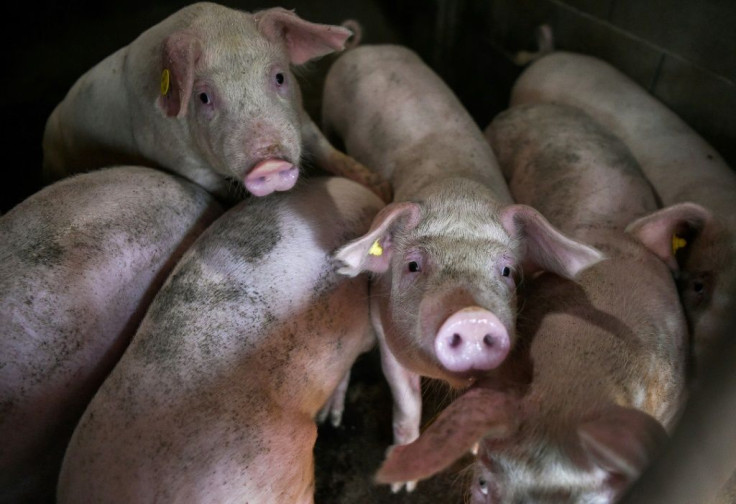Chinese Inflation Hits Eight-year High As Pork Prices Double

Consumer prices in China accelerated at their fastest pace for almost eight years in November as the African swine fever epidemic caused pork prices to more than double, data showed Tuesday.
The consumer price index (CPI) -- a key gauge of retail inflation -- came in at 4.5 percent for November, the National Bureau of Statistics (NBS) said, up from 3.8 percent in October and the highest rate since January 2012.
Analysts surveyed by Bloomberg News had forecast an increase of 4.3 percent on-year.
The widespread outbreak of swine fever since August 2018 has disrupted the pork supply in China, sending the prices of the staple meat up 110.2 percent last month November.
With China's pig herd down by about 40 percent, authorities last week launched a plan to restore pork production to pre-swine fever levels by 2021.
The crisis has also sent prices of beef, lamb and eggs up as consumers switch to other sources of protein.
China's consumer inflation target for 2019 is around three percent.
The producer price index (PPI) -- an important barometer of the industrial sector that measures the cost of goods at the factory gate -- showed prices fell 1.4 percent on-year in November.
The figure was slightly higher than the anticipated 1.5 percent decline in a Bloomberg News poll but nevertheless marked five consecutive months of decline, suggesting continued weakness in the world's second-largest economy.
© Copyright AFP 2024. All rights reserved.




















